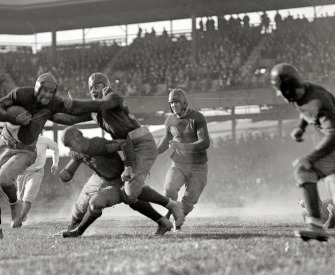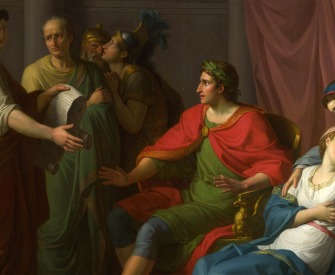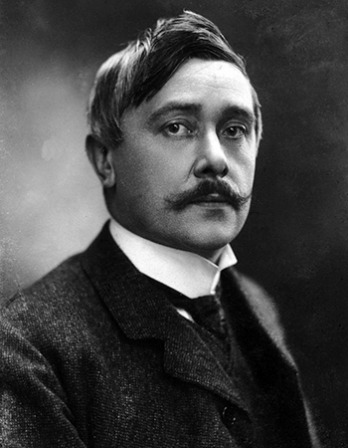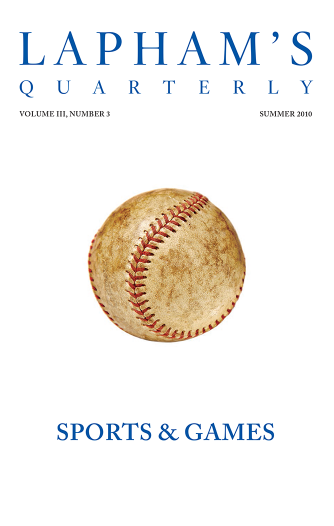It must have been observed by many a peripatetic philosopher, that nature has set up by her own unquestionable authority certain boundaries and fences to circumscribe the discontent of man. She has effected her purpose in the quietest and easiest manner by laying him under almost insuperable obligations to work out his ease, and to sustain his sufferings at home. It is there only that she has provided him with the most suitable objects to partake of his happiness, and bear a part of that burden which in all countries and ages has ever been too heavy for one pair of shoulders. ’Tis true we are endued with an imperfect power of spreading our happiness sometimes beyond her limits, but ’tis so ordered, that from the want of languages, connections, and dependencies, and from the difference in education, customs, and habits, we lie under so many impediments in communicating our sensations out of our own sphere, as often amount to a total impossibility.
It will always follow from hence that the balance of sentimental commerce is always against the expatriated adventurer. He must buy what he has little occasion for at their own price—his conversation will seldom be taken in exchange for theirs without a large discount—and this, by the by, eternally driving him into the hands of more equitable brokers for such conversation as he can find, it requires no great spirit of divination to guess at his party.
This brings me to my point; and naturally leads me into the efficient as well as the final causes of traveling.
Your idle people that leave their native country and go abroad for some reason or reasons which may be derived from one of these general causes:
Infirmity of body,
Imbecility of mind, or
Inevitable necessity.
The first two include all those who travel by land or by water, labouring with pride, curiosity, vanity, or spleen, subdivided and combined in infinitum.
The third class includes the whole army of peregrine martyrs; more especially those travelers who set out upon their travels with the benefit of the clergy, either as delinquents traveling under the direction of governors recommended by the magistrate—or young gentlemen transported by the cruelty of parents and guardians, and traveling under the direction of governors recommended by Oxford, Aberdeen, and Glasgow.
There is a fourth class, but their number is so small that they would not deserve a distinction, was it not necessary in a work of this nature to observe the greatest precision and nicety, to avoid a confusion of character. And these men I speak of are such as cross the seas and sojourn in a land of strangers with a view of saving money for various reasons and upon various pretences, and as their reasons for traveling are the least complex of any other species of emigrants, I shall distinguish these gentlemen by the name of:
Simple Travelers.
Thus the whole circle of travelers may be reduced to the following Heads:
Idle Travelers,
Inquisitive Travelers,
Lying Travelers,
Proud Travelers,
Vain Travelers,
Splenetic Travelers.
Then follow the Travelers of Necessity.
The delinquent and felonious Traveler,
The unfortunate and innocent Traveler,
The simple Traveler,
And last of all (if you Please) the
Sentimental Traveler (meaning thereby myself) who have travel’d as much out of Necessity, and the besoin de Voyager, as any one in the class.
From A Sentimental Journey. The Irish-born author of the experimental novel Tristram Shandy died three weeks after the second volume of A Sentimental Journey was published. Before dying, he said, “Now it is come.” His body was stolen by grave robbers and used in an anatomy lecture at Cambridge before it was recognized and returned to the ground.
Back to Issue





